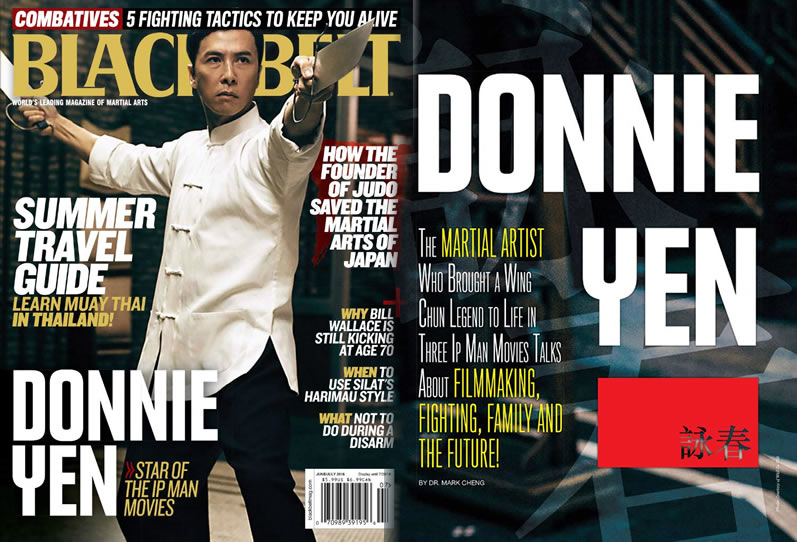
Это честь наконец встретиться с вами. У меня есть для вас подарок от кого-то, о ком вы, возможно, слышали: Дэн Иносанто.
Вау! Огромное спасибо! Я так много слышал о нем и следил за его карьерой в течение многих лет, но я никогда не имел возможности встретиться с ним лично. Пожалуйста, поблагодарите его за меня.
Я говорил с ним как раз перед приходом сюда, и он является большим вашим поклонником. Он высоко оценил ваши фильмы и личные способности, сказав, что Брюс Ли был бы доволен вашей работой, если бы он был жив.
У меня просто нет слов... Пожалуйста, передайте мою благодарность Сифу Иносанто. Я всегда хотел обучаться Кали у него. Я был фанатом Брюса Ли с детства, как вы должно быть знаете. Позже я отдал дань уважения ему, сыграв роль Чен Жена в телесериале, а затем в фильме.
Безусловно. Ваш перфоманс в "Кулаке легенды" является одним из моих любимых.
Забавно... люди спрашивали меня, знаю ли я, что Брюс Ли уже играл эту роль. Весь смысл, почему я взял на себя эту роль, заключалась в том, чтобы показать насколько он вдохновил меня в моей карьере.
Я никогда не мог быть Брюсом Ли. Никто не может. Я не пытался ему подражать или имитировать его, но возможность отдать ему дань памяти в этих ролях была очень важна для меня. Я всегда это говорил, что если бы Брюс был жив сейчас, я стал бы его самым преданным учеником.
Это как-то повлияло на вас, когда вам поступило предложение сыграть Ип Мана?
Давление было огромным и оно было с разных сторон. Первый раз я получил предложение сыграть Ип Мана лет 20 назад, но этот фильм никогда не был сделал из-за проблем с производством. Несколько лет спустя я был на пресс-конференции в Пекине и получил еще один звонок от продюсера, который сказал, что переговорил с семьей грандмастера Ипа и получил их благословение, новому фильму был дан зеленый свет, и он предлагает мне главную роль.
Но в производстве уже был фильм про Ип Мана ("Великий мастер" с Тони Люном и Чжан Цзыи), режиссером которого назначен Вонг Кар-Вай. Я высказал озабоченность по этому поводу, но продюсер заверил, что волноваться не о чем и что Вонг имеет репутацию человека, который очень долго вынашивает свои проекты. К тому же, несмотря на то, что мы собирались снимать об одном и том же персонаже, у нас были совершенно разные истории.
Когда было объявлено, что мы собираемся делать фильм, сразу пошли разные разговоры. Критики утверждали, что наш режиссер, Уилсон Ип, не был достаточно квалифицирован, чтобы быть у руля проекта такого масштаба. В то время, как я только снялся в таких полицейских боевиках, как SPL и "Горячая точка", которые имели массу жестких агрессивных моментов и боевая хореография которых в основе своей содержала ММА. Эти фильмы и "Особая личность" были первыми гонконгскими боевиками, передающими методы борьбы ММА на киноязык. Таким образом, критики посчитали, что я не подходил для роли грандмастера Ипа или для демонстрации стиля Вин Чун в кино.
Все это было еще до начала съемок?
Да. Я никогда не ожидал, что будет столько сомневающихся, хотя и предщполагал, что это будет знаковая роль.
Подготовка к такой роли, как эта, должно быть, отличалась, учитывая ваш обширный опыт в области боевых искусств. Какой стиль был для вас основным, когда вы учились у своей матери? Был ли это современный ушу?
Нет, это было традиционное шаолиньское кунг-фу, а затем тай-чи, но мой тай-чи немного отличается. У моей мамы, мастера Май Баочань, был другой стиль, и я добавил свой собственный почерк к моему тай-чи.
Когда вы жили в Бостоне, вы начали экспериментировать с различными стилями боевых искусств?
Когда я был ребенком стиль Хунгар был невероятно популярен. Я использовал для изучения старые книги Лам Сай Вина с рисунками и практиковал эти позиции и позы. Вспоминая себя тогда, я был так воодушевлен и любопытен в изучении боевых искусств из любого источника, независимо от стиля. Я просто хотел поглотить столько, сколько мог. Я до сих чувствую то же самое, когда вижу что-то, что мне нравится.
Изучали ли вы вин чун тогда?
К сожалению, нет. Но был один мальчик, который немного знал этот стиль, и мы, бывало, пропускали школу, садились на поезд до парка и практиковались вместе, пробуя различные приемы. Я просто пытался узнать техники из различных стилей и систем, в том числе тхэквондо - не только из китайских боевых искусств.
Вы упомянули Брюса Ли в качестве источника вдохновения. Смотрели ли вы другие кунг-фу фильмы?
О, Да. Я был большим поклонником этих фильмов, когда был ребенком. Я видел какое-то движение, которое по моему мнению было крутым, или какого-то персонажа, который вдохновлял меня, и я старался подражать ему физически или философски.
Когда пришло время готовиться для роли Ип Мана, я так понимаю, вы потратили много времени с обоими сыновьями мастера для этих целей?
Я на самом деле потратил много времени на изучение самого Ип Мана, его жизни, личной истории и окружения, а не только на изучение вин чун. Для того, чтобы быть как можно ближе, насколько это возможно, к источнику я проводил время с его сыновьями, слушал их рассказы об отце, их семейной жизни и их боевом искусстве. Я даже отправился в Фошань, чтобы увидеть место, где он жил.
Были ли братья Ип ваши техническими тренерами для фильма?
Я на самом деле имел кучу разных вин чун инструкторов, которые помогали мне узнать формы и основные упражнения, такие как lap sau и chee sau ("липкие руки"). Очень важно, что они помогли мне с изучением форм. У меня не было три года, чтобы посвятить овладению вин чун, так что я мог попробовать только воплотить образ мышления и философию.
Так получается был не один мастер, который курировал все ваши тренировки?
Нет, я не хотел пытаться быть клоном какого-либо одного учителя. Я знал, что никогда не смог бы подражать мастеру Ип Ману идеально. Я мог бы только постараться сделать роль по совести, предлагая свою интерпретацию его философии в движении. На самом деле изучать старые черно-белые фильмы грандмастера Ипа было очень ценным. Это был тот самый источник, на который я пытался опираться больше всего.
Я также пытался получить ощущение личности Ип Мана от его учеников, помимо его семьи. Я также достаточно много пользовался социальными сетями, чтобы понять, как различные группы интерпретировали вин чун. Это было очень интересно.
Это дало мне возможность увидеть, как представители различных направлений стиля вин чун отражали систему физически и стратегически. От супер-традиционных до более современных и агрессивных версий, я хотел получить более широкое представление о том, какое направление в боевом искусстве привлекает людей. Все это я использовал для изображения своего персонажа. К счастью, общественность хорошо среагировала на это.
На протяжении всей франшизы в боевых сценах, кажется, присутствуют определенные узнаваемые движения.
Вы видите много mun sau поз от Ип Мана, потому что они подходят ему. Учитель был родом из зажиточной семьи, он был образован и очень сдержан. Вин чун также физически консервативный стиль. Вы не увидите там много взрывных размашистых движений. Так что для того, чтобы действие было захватывающим, нужно было показать боевые сцены таким образом, чтобы сделать эти эффективные движения визуально привлекательными.
В Ип Ман 3, как и в двух предыдущих фильмах, сильно прослеживается тема семьи. Есть моменты, где именно семья мотивировала Ип Мана, чтобы показать свое боевое искусство. Связана ли эта часть художественного вымысла с вашей жизнью?
Абсолютно! Как вы видите, моя жена Сесилия здесь с нами в одной комнате, она также является моим бизнес-партнером, но я абсолютно точно знаю, как это проходит. К счастью, моя жена прекрасно понимает меня и то, что я делаю. Она полностью поддерживает меня.
Для актера, чтобы правильно изобразить персонажа, действительно важно пережить нечто подобное, чтобы иметь возможность вызывать такого рода эмоции и привнести жизнь в героя. Если вы не пережили подобную глубину опыта, вам будет сложно обмениваться им через экран.
Режиссер всех трех фильмов, Уилсон Ип, прекрасно это понимал. Он так же знал через какие этапы я проходил в моей личной жизни. Таким образом, он не просто говорил мне, что и как играть, он сделал так, чтобы я мог привнести что-то особенное в персонаж, и позволил мне выразить некоторые аспекты себя в этой роли. Я не могу передать насколько драгоценно это, когда ты работаешь в подобной среде.
Ранее вы упоминали экономию в движениях в вин чун по сравнению с другими стилями боевых искусств. Это значит, что фильмы с ММА, например, более сложны в физическом плане?
Я буду очень честен с вами. Длинные съемки боевых сцен с ММА, где есть много жестких падений и при этом куча дублей, с кучей повтором, один за одним, один за одним... чтобы захватить правильный кадр с правильной визуальной силой - да, это действительно тяжело сказывается на теле!
Если вы посмотрите на некоторые боевые сцены в других моих фильмах, таких как "Горячая точка" или "Последний из лучших", вы увидите ту интенсивность, которую я пытался показать на камеру. Мое тело, безусловно, заплатило цену за это.
Я получал различные виды терапии каждые два дня, чтобы мое тело могло функционировать.
На самом деле, самая трудная вещь в фильмах об Ип Мане - это правильно показать персонаж мастера. Больше, чем физический вызов, фильмы об Ип Мане - это умственный и эмоциональный вызов для тебя, как для актера. Я всегда считал, что как только вы правильно поймаете сущность персонажа, физическое выражение произойдет естественным образом.
После первых двух фильмов мне повезло, и я очень рад, что зрители приняли меня в этой роли. И стиль, который я продемонстрировал, был достаточно приемлем для большинства представителей стиля вин чун, так что физическая составляющая не была слишком сложной для меня.
После того, как вы сделали Ип Ман 1 и 2, получили ли вы от представителей вин чун крыла какой-то особый статус?
Послушайте, я сам пришел из традиционного дома боевых искусств, так что я знаю, как это все происходит [смеется]
Я не забочусь о поиске статуса в боевых искусствах при помощи моих фильмов. Это как если бы вы попросили меня научить вас вин чун... но я не мастер вин чун. Есть множество других людей, которые посвятили свою жизнь изучению, исследованию и разработке вин чун. Это мастера вин чун направления, это не я.
Что важно для меня, так это то, что подлинные, традиционные боевые искусства упускались из вида в течение многих лет, в угоду захватывающим боевикам. Но теперь, когда зрители более образованны и могут распознавать традиционные боевые искусства, это более важно, чем когда-либо для меня, чтобы изобразить эти искусства и личностей, связанных с ними, с определенным достоинством. Сцены борьбы должны быть реалистичны и передавать принципы стилей, которые используются для фильма.
Когда фильм вдохновляет людей делать что-то большее в своей жизни, это настоящая награда для меня. Я не делал фильмы об Ип Мане для представителей вин чун направления; речь идет о фокусировке на персонаже, который вдохновляет людей. Речь не идет о вин чун в сравнении с другими стилями.
И последний вопрос. Я слышал, что вы собираетесь постепенно отказываться от фильмов про боевые искусства. Правда ли это?
Я просто человек. Иногда мы говорим вещи в запале. Были дни, когда мое тело просто устало от ударов, которым я подвергал его во время постановок боев высокой мощности и интенсивности. Но в конце дня, если я сажусь и включаю телевизор или вижу какие-то боевые сцены на экране и думаю: "Ох... Да ладно! И это все? Я могу сделать лучше, чем это!". То, что мешает, это дух соперничества. Я актер, но внутри я также боец.
Что касается кунг-фу фильмов.. У меня на самом деле не так много мотивации, чтобы делать их сейчас, особенно после того, как я уже сыграл такие роли, как Гуань Юй и Ип Ман. Но когда речь заходит о современных боевиках, я чувствую, что у меня есть много знаний в использовании боевых искусств в кино и приемы, которые я до сих пор могу показать, которые я все еще хочу показать.



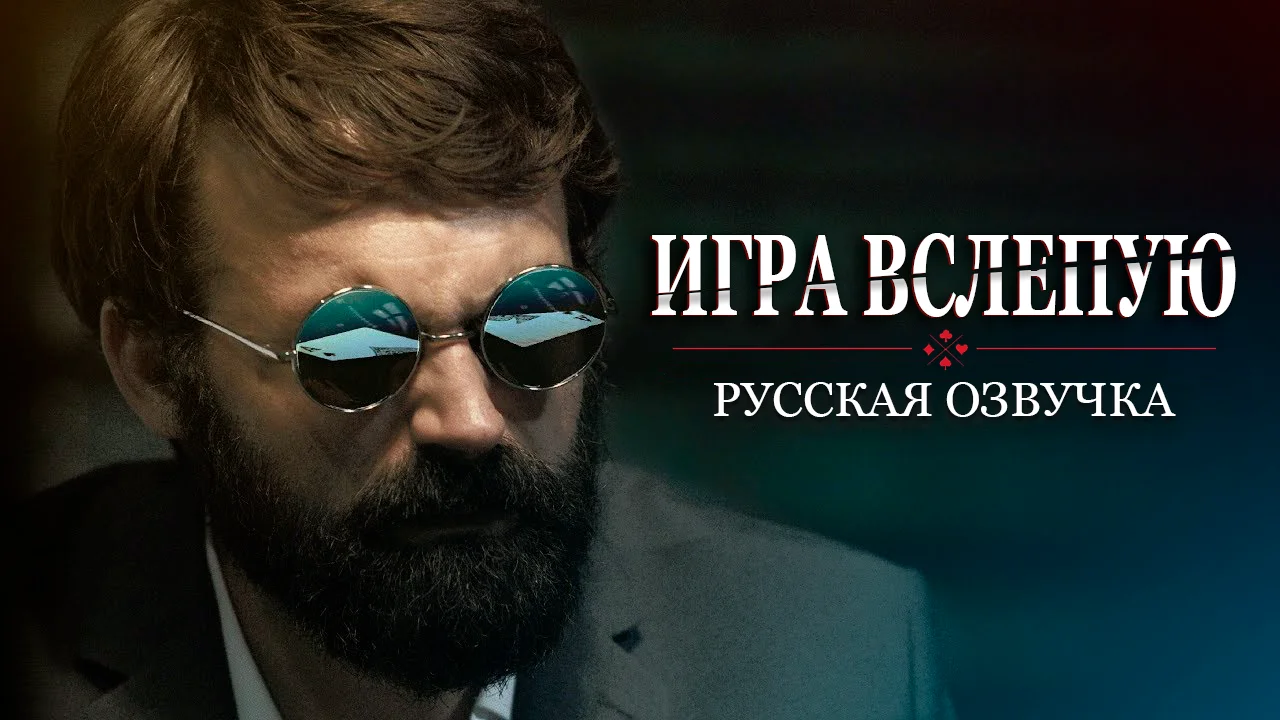
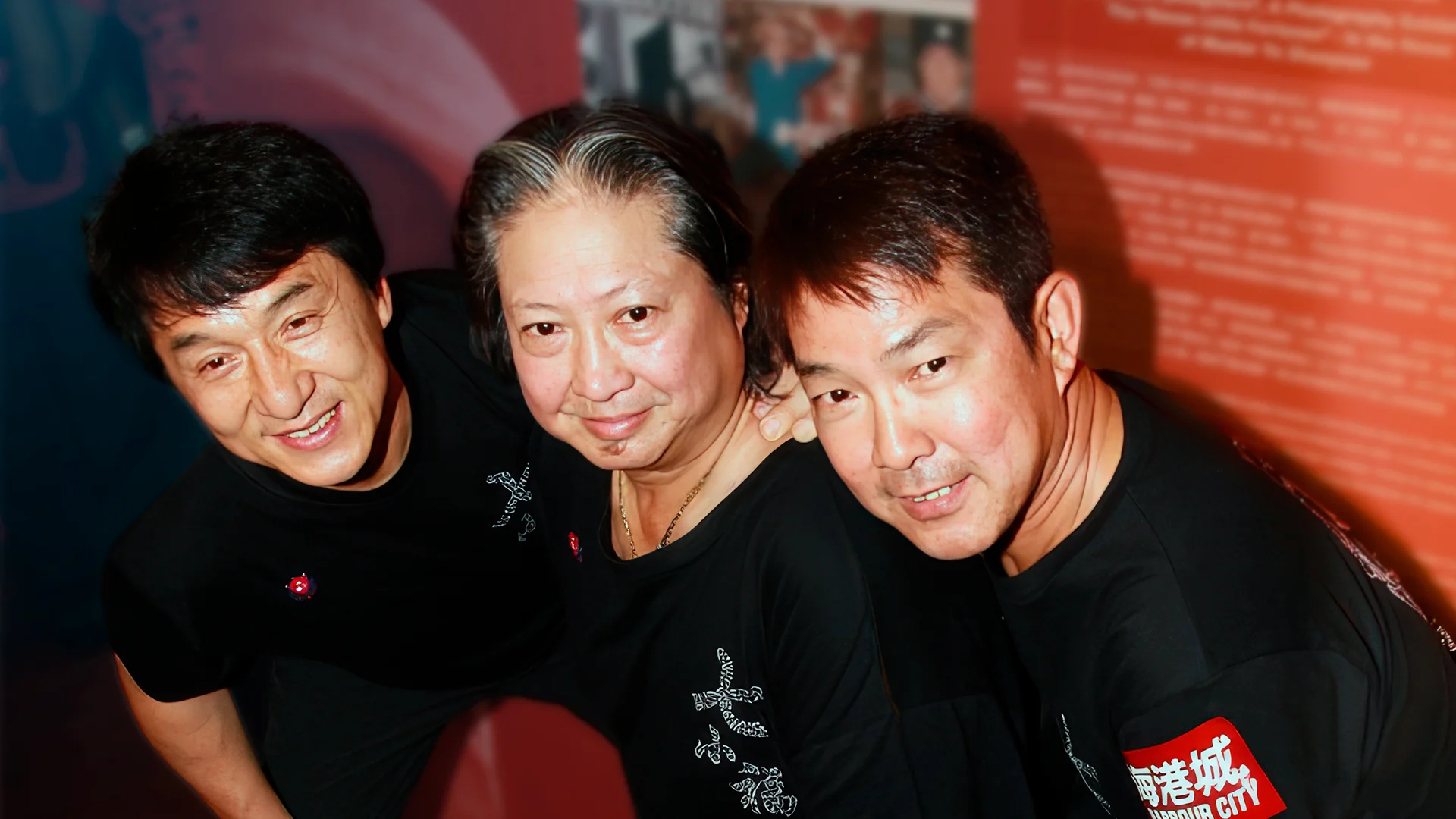
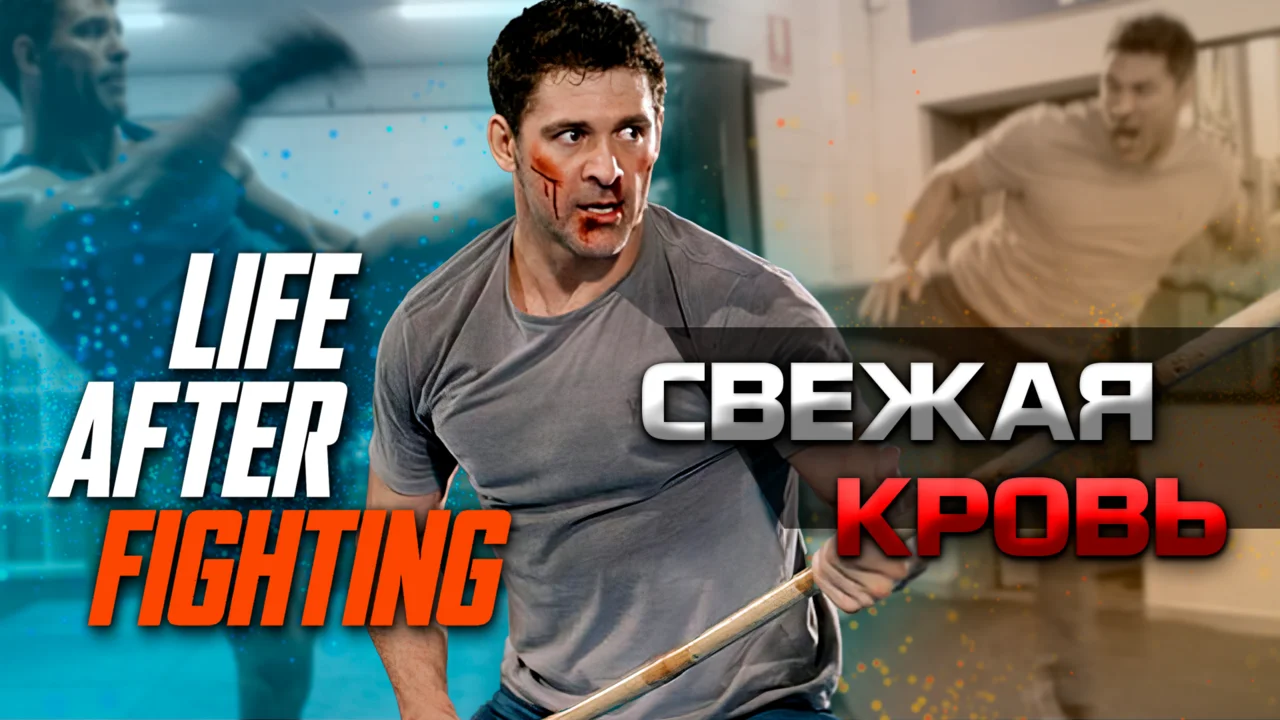
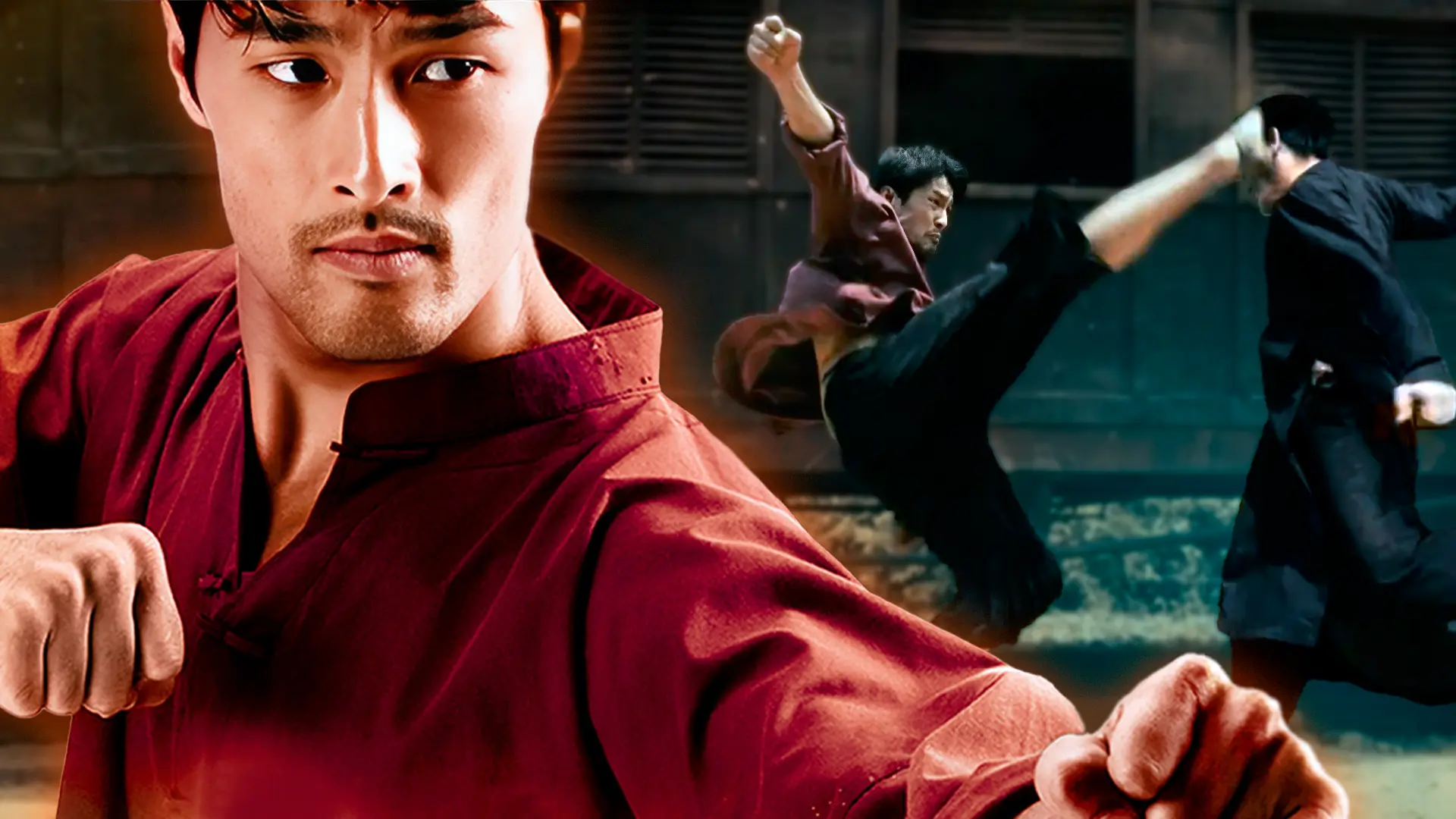
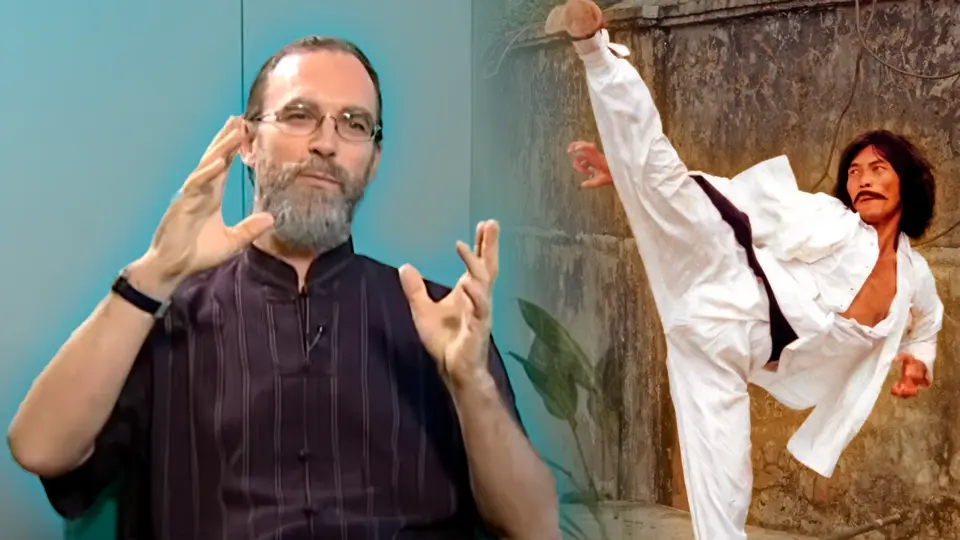
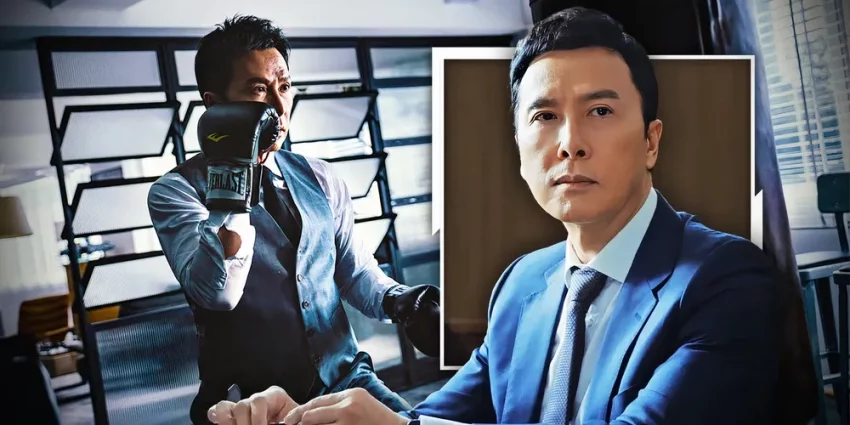
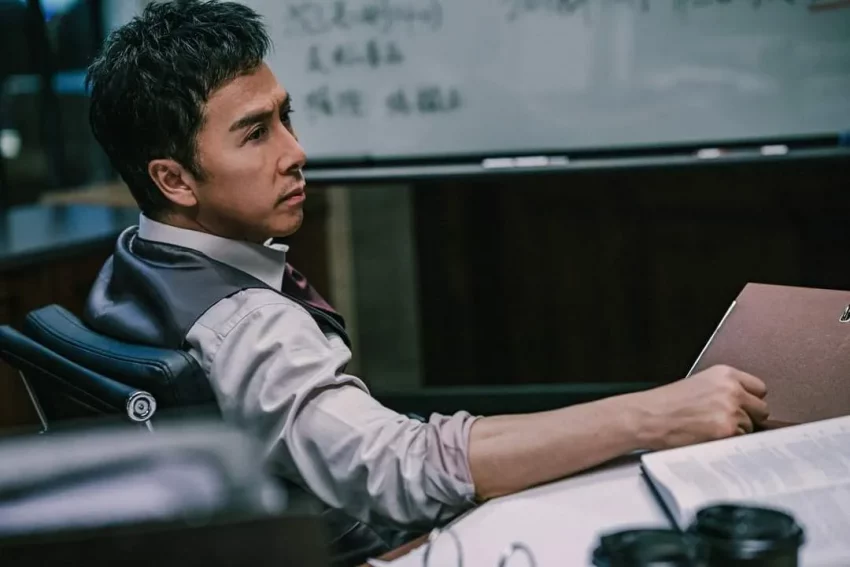
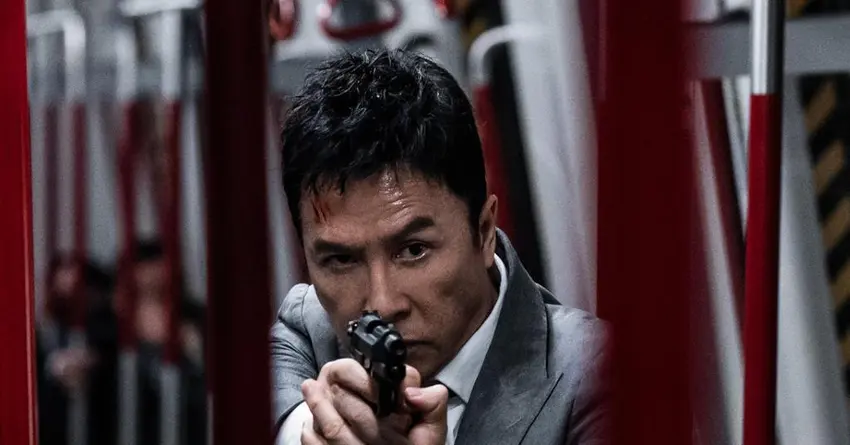

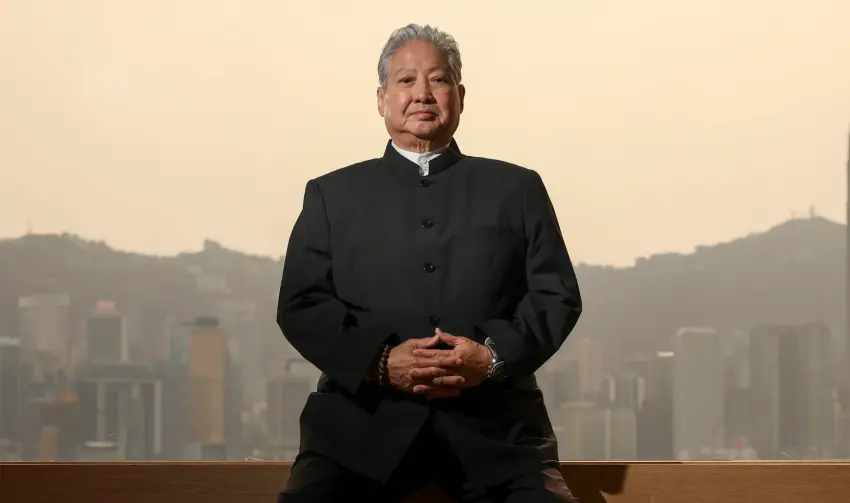

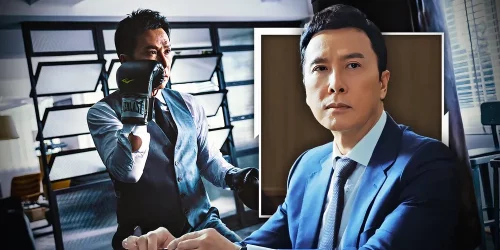
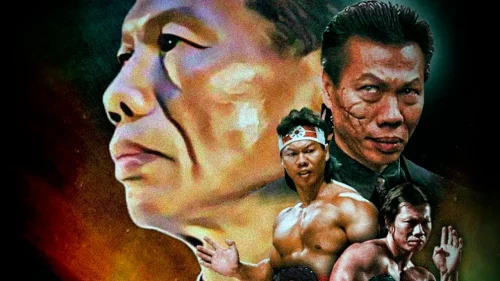
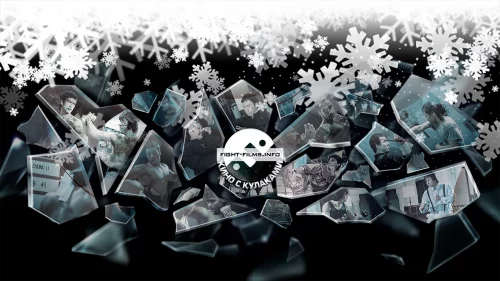
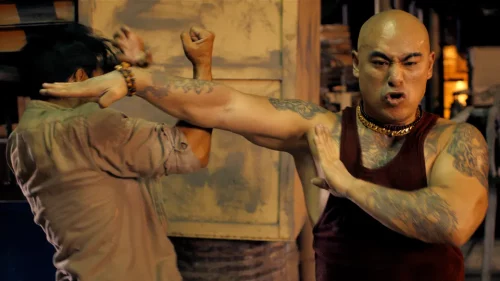
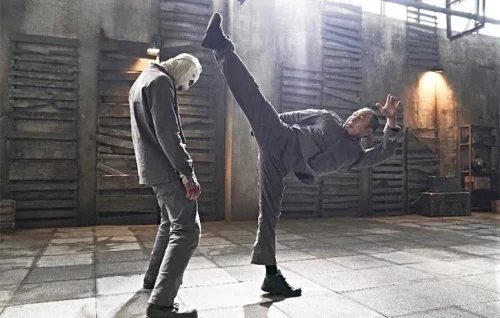
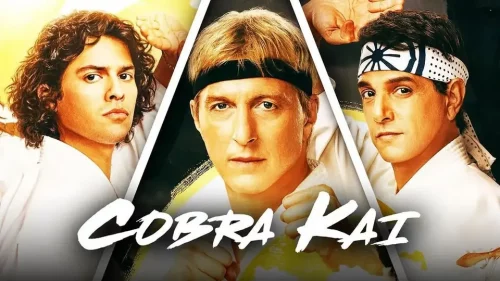
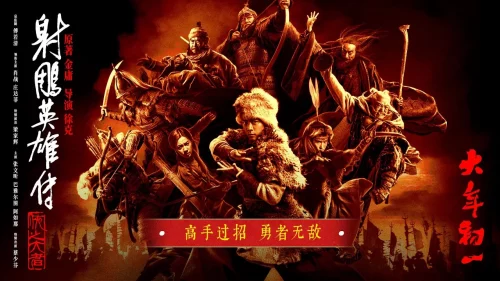
Большое спасибо. С удовольствием прочел.